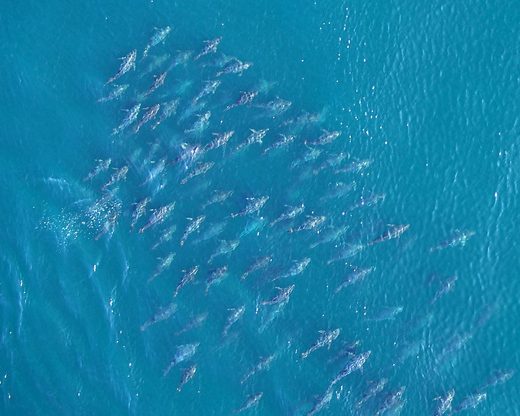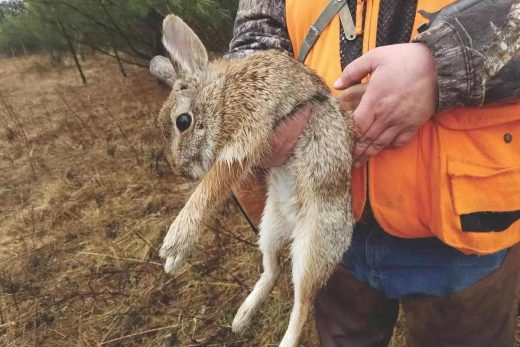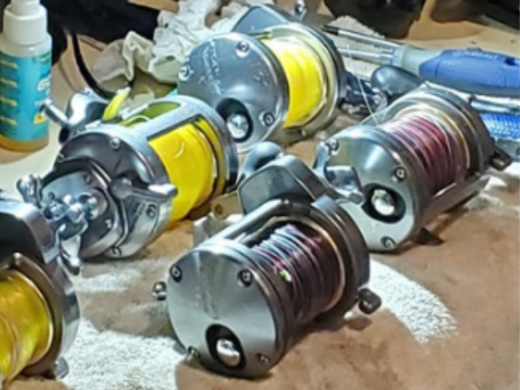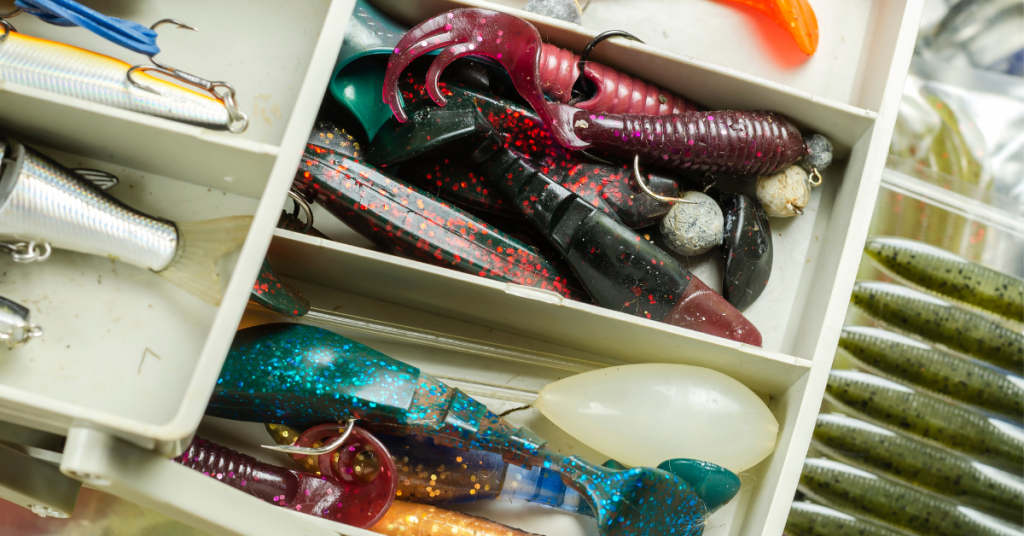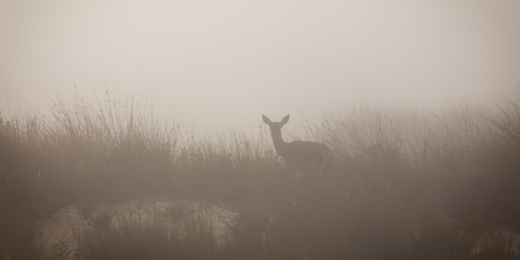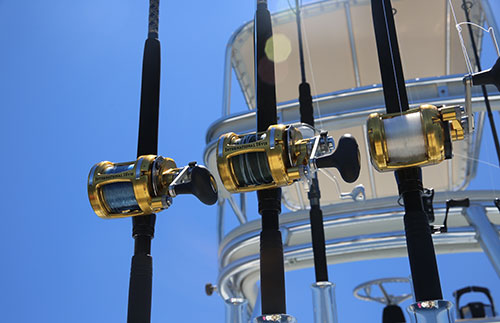Soft Plastics….A Winter Fishing Tactic
Winter fishing with plastic baits is a game-changer when it comes to inshore cold water fishing. Even in warm regions like the Charleston Low Country, the winter months mean changing your light tackle approach to fishing for species like Redfish, Speckled Trout, and Flounder. Fishing for these species in the winter is becoming increasingly popular for multiple reasons. First, the pressure on the fishing resource is far lighter and the angler faces less competition from other fishermen. Also, lower plankton levels make for clearer water. Anglers can see the bottom in most cases helping them find structure and possibly spotting the fish. Lastly, and most importantly, it’s less competition with live baitfish.
Personally, I head out with a handful of jig heads and only a couple of plastic options. These options are based on feedback from my fishing network. I start fishing with mud minnows or live shrimp that are somewhat limited in the winter months. When I start getting hits I determine which plastic lure best mimics the live bait I am using and start casting. I’m careful to cover as much water as I can to present my lure to as many target fish as possible. Starting with live bait also helps with locating the target fish.
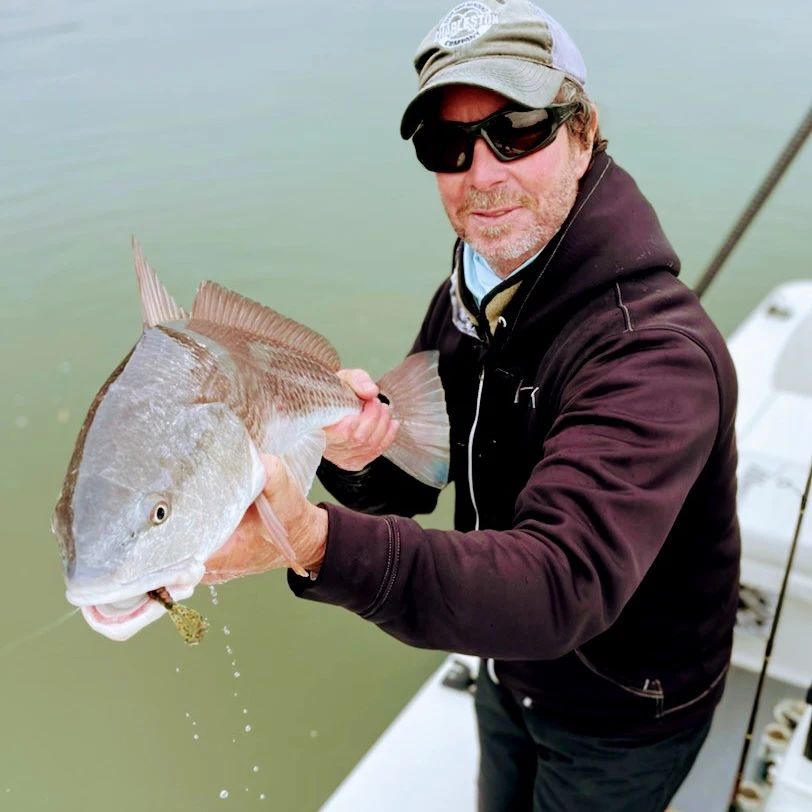 Next, I start varying my retrieve to find the best speed that will make the fish react to the plastic. The trial and error part of my trip is now over and I’m just fine-tuning. My confidence level rises and everyone knows that confidence in your location, equipment, and especially your lure makes all the difference in the world to fishing success. Fishing with plastics in the winter months is easier than you might expect. With the limited bait in the water, the fish are far less fussy knowing that their food options are limited.
Next, I start varying my retrieve to find the best speed that will make the fish react to the plastic. The trial and error part of my trip is now over and I’m just fine-tuning. My confidence level rises and everyone knows that confidence in your location, equipment, and especially your lure makes all the difference in the world to fishing success. Fishing with plastics in the winter months is easier than you might expect. With the limited bait in the water, the fish are far less fussy knowing that their food options are limited.
I’m also sure to use plenty of scent. This is a must. Remember, in the summer months your trying to get the fish to come to your bait and in the winter it’s just the opposite. The tactic is to take the bait to the fish. The colder water means less fish movement and presenting the bait to the fish has proven to be the better option. I also like to use darker baits with a flash in the colder water. This presents a dark object moving through the water that the fish thinks is a potential food option.
Another great thing about using soft plastics is the time saved by not having to obtain live bait whether by cast net or an additional stop at the bait shop who may not have it, especially in winter months.
So, grab a hand full of jig heads, a couple of plastic lure options that you hear are popular, a thermos of coffee, don’t forget your coat, and hit the water. Those big inshore fish are waiting for you!

You may be interested
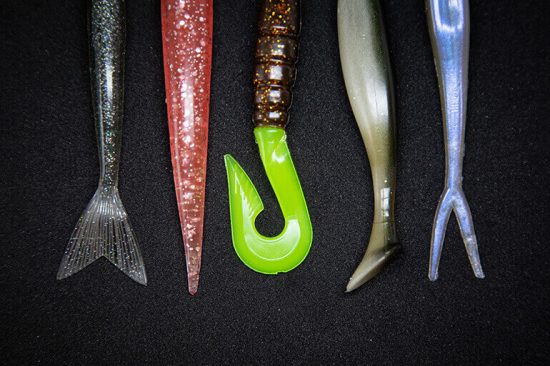
Soft Plastics….A Winter Fishing Tactic
Tim Wilson - February 8, 2026Winter fishing with plastic baits is a game-changer when it comes to inshore cold-water fishing. Even in warm regions like the Charleston Lowcountry, the winter months require…
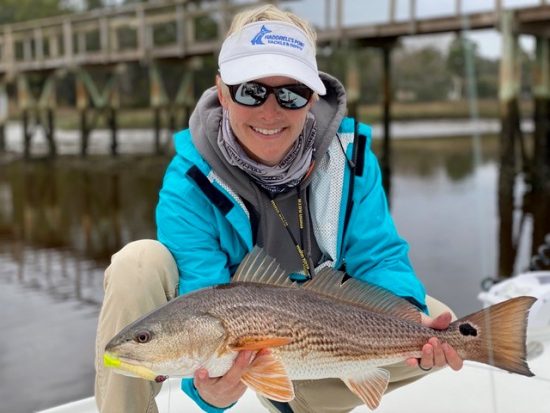
Dock Fishing For Winter Reds…Slow It Down
Tim Wilson - January 21, 2026With the fishing winter pattern still a factor for a few more months, fishing around docks can be a strategy that makes or breaks a day of…
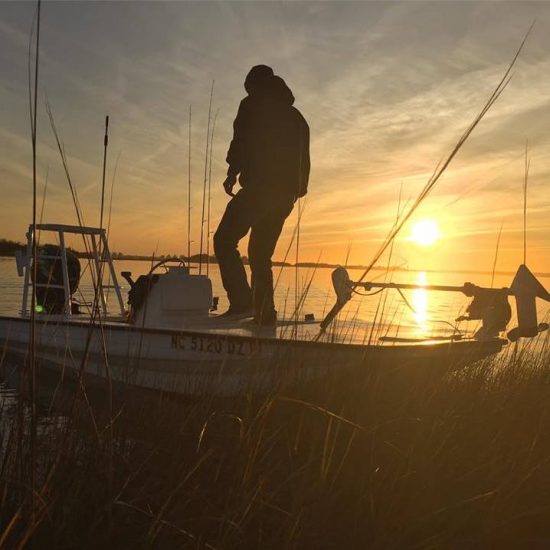
Winter Fishing In the Carolinas
Tim Wilson - January 21, 2026For many anglers, winter marks the end of fishing season. Boats are winterized, tackle gets reorganized, and attention shifts to waiting on spring. But seasoned Carolina anglers…
Most from this category
